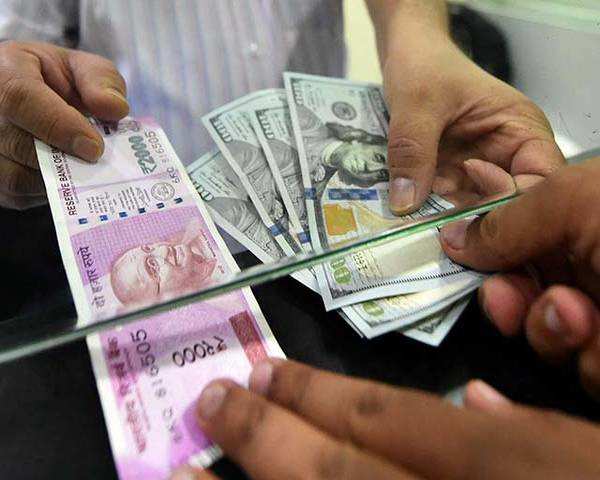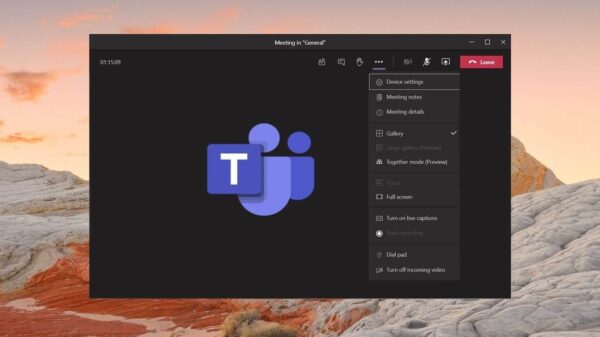Every year a large number of Indians move abroad to pursue professional opportunities. In doing so, they join the ranks of non-resident Indians (NRIs).
These NRIs often send money to India. This may be to support their families or to carry out investments.
But many new NRIs have a question: ‘Do I have to pay taxes on a money transfer to India?’

Remitting money to India
The taxes you incur when sending money to India depend on where you reside. India has signed a Double Tax Avoidance Agreement with 85 countries.
NRIs who reside in these countries already pay income tax as per their laws. So, when you send money to India, you do not incur further taxation.
Suppose you wish to send money to India from USA for investment purposes. As an NRI, you cannot hold a resident savings account in India.
What you need instead is a Non-Resident External (NRE), a Non-Resident Ordinary (NRO), or a Foreign Currency Non-Resident (FCNR) account.
Say, you send Rs 5 lakh to your parents’ account to open a fixed deposit for investment reasons. Any interest that this fixed deposit earns will be taxable.
On the other hand, you can transfer Rs 5 lakh to your own NRE account and then open the fixed deposit. NRE fixed deposits are tax exempt.
To do the same thing through an NRO account is not advisable. That’s because interest earned by NRO accounts is taxable. In fact, the tax implications for NRO accounts are higher than for NRE or FCNR accounts.
The FCNR account is useful if you wish to maintain funds in a foreign currency.
Receiving money in India
Resident Indians who receive funds from abroad have to pay taxes on transfer amounts exceeding Rs 50,000 in a year. Any amount over Rs 50,000 is taxed as per the Indian income tax laws.
But there is one caveat: Specified close relatives can send you any amount and it will not be taxable. These relatives could be:
- Your brother or sister
- Your spouse
- Your spouse’s brother or sister
- The brother or sister of the parents of either you or your spouse
- You and your spouse’s great-grandparents/grandparents/parents
- You and your spouse’s great-grandchildren/grandchildren/children
Taxes applicable when you send money to India
Most countries have a gift tax. Money that is sent abroad as a gift is tax-free up to a limit. When a transfer exceeds this threshold, a gift tax applies.
Say, you exceed this limit when sending money to an individual back in India. You will have to pay a gift tax on remittance to India.
In the USA, for example, gifts of up to $15,000 per year to the same person do not attract tax. Suppose you have sent your mother $17000.
You will have to pay a gift tax on the additional $2,000 (i.e. $17,000 − $2,000).
How much money can you send from the USA to India?
There is no such limit. However, the money transferred may attract taxes in the hands of the sender or the recipient.
Who pays the taxes when sending money to India?
The rules differ based on the specifications of the transaction:
- The NRI sender pays income tax within the country where they are currently residing. This is subject to the Double Tax Avoidance Agreement. They also pay gift tax if the amount sent exceeds the exemption limit.
- The recipient in India pays income tax on amounts exceeding Rs 50,000 per annum—unless the money is sent by a close relative.
Summing up
Transferring money to India for your family or investments is simple enough these days.
You could opt for a simple bank transfer or use an online transfer service like Axis Remit Money.
Simply keep the tax exemption limits in mind when remitting high amounts to your loved ones in India.
This will help reduce your overall tax burden while sending and receiving funds from abroad.































































You must be logged in to post a comment Login